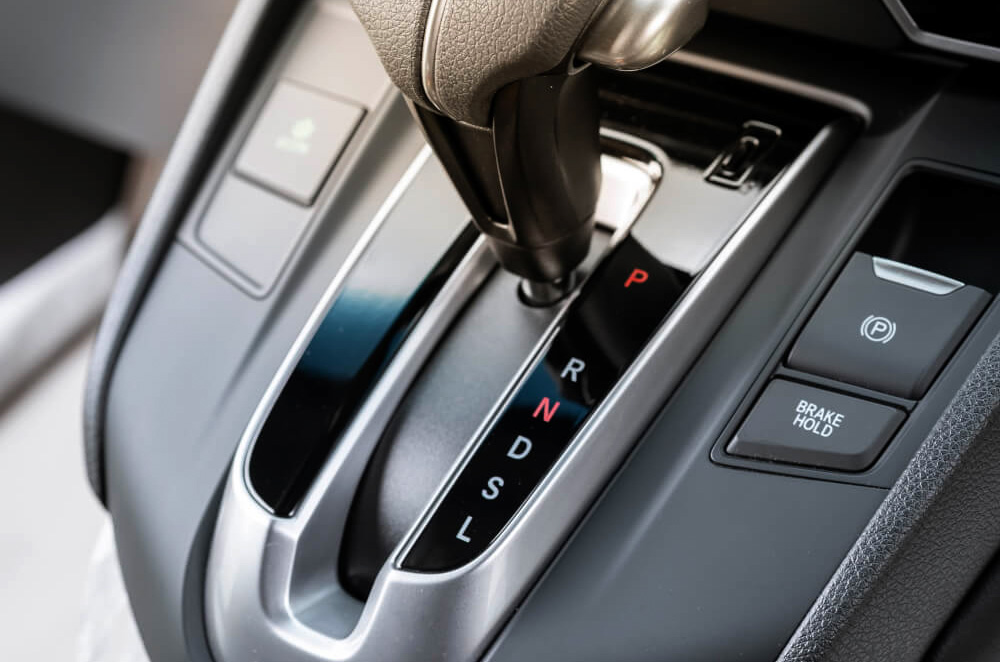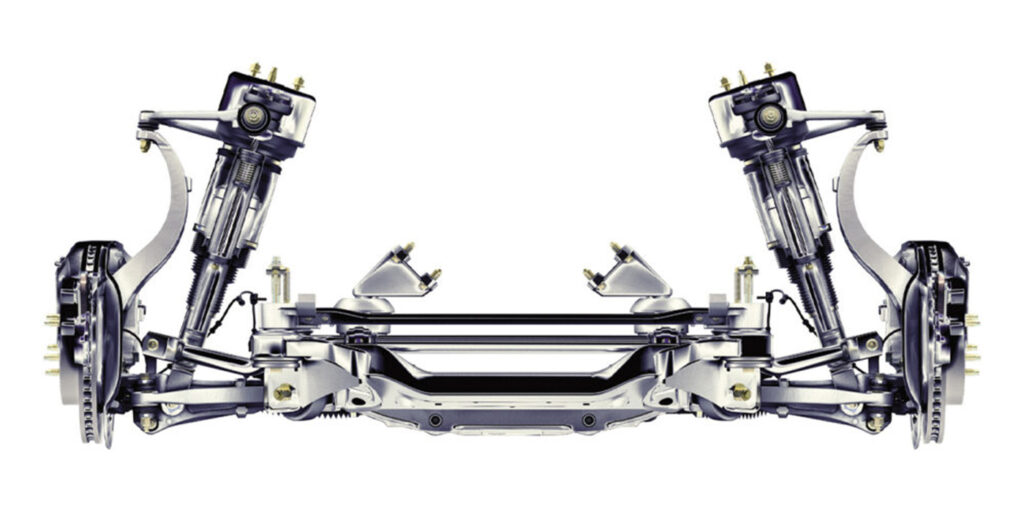How Complicated Are Repairs For Cars’ Gear Selectors?
Understanding the Role of the Gear Selector
The gear selector is an essential component of any vehicle, responsible for allowing the driver to choose the appropriate gear for different driving conditions. Whether in automatic or manual transmissions, the gear selector ensures smooth gear changes and optimal vehicle performance. Over time, wear and tear or mechanical failure can lead to issues with the gear selector, requiring repairs. Understanding the complexity of gear selector repair can help vehicle owners manage expectations and plan for potential maintenance.

Common Problems with Gear Selectors
Several issues can arise with gear selectors, each varying in complexity. For automatic transmissions, common problems include faulty sensors, worn-out linkage, or electrical issues. In manual transmissions, problems can include a worn-out shifter, broken cables, or damaged shift forks. Symptoms of a malfunctioning gear selector include difficulty in shifting gears, gear slippage, and unusual noises during gear changes. In such cases, diagnosing the exact issue is crucial for determining the appropriate course of action for the gear selector repairs.
Diagnostic Process and Tools Required
Diagnosing gear selector problems often requires specialized tools and knowledge, making it a task best suited for professional mechanics. The diagnostic process typically involves a thorough inspection of the gear selector mechanism, including checking for any mechanical wear, ensuring linkages are properly connected, and testing electrical components if applicable. Advanced diagnostic tools, such as OBD (On-Board Diagnostics) scanners, can help identify error codes related to the transmission system, streamlining the repair process.
Complexity and Duration of Repairs
The complexity of gear selector repairs can vary significantly based on the specific issue and the type of vehicle. Simple problems, such as replacing a worn-out shifter or adjusting linkages, can often be completed relatively quickly. However, more complex issues, like repairing or replacing electronic sensors or internal transmission components, may require extensive disassembly and a longer repair duration. It is important to consult with a qualified mechanic to get an accurate estimate of the time and cost involved in the gear selector repair.
Repairs for cars’ gear selectors can range from straightforward to highly complex, depending on the nature of the problem and the type of transmission. Diagnosing issues accurately and utilizing the appropriate tools are essential steps in ensuring efficient and effective repairs. Vehicle owners should be prepared for varying levels of complexity and repair duration, and always seek professional assistance when dealing with gear selector problems. By understanding the intricacies involved, one can better manage their vehicle’s maintenance and ensure smooth operation.


